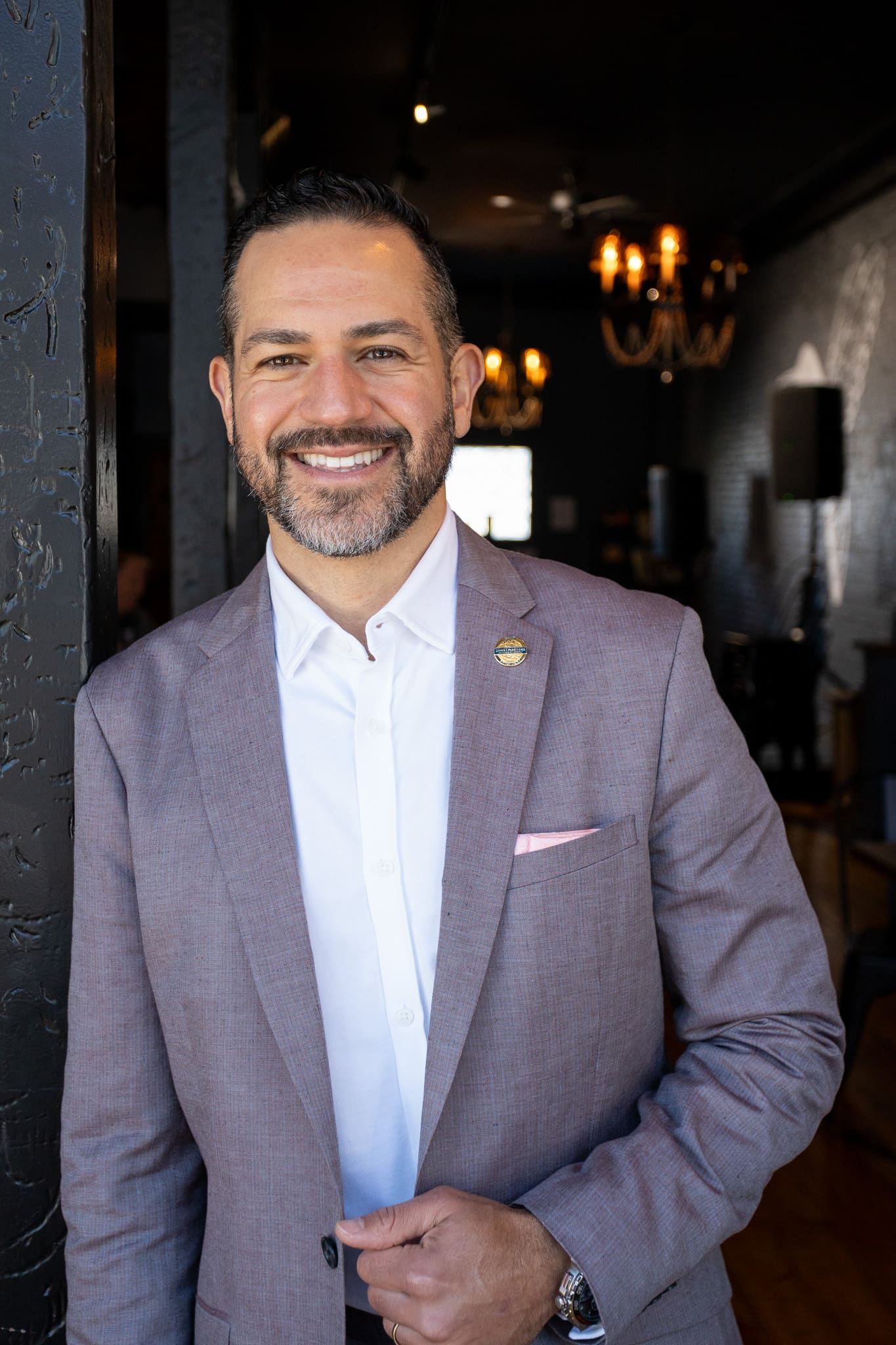How to Help Your Clients Reach Their Health & Fitness Goals
My clients who struggle with Diet, fitness, eating disorders and Mental Health conditions have seen their issues increase significantly over the last twelve months, in part due to the emotional distress of Covid-19 and the subsequent lockdowns.
The pandemic has resulted in feelings of isolation, fear, loneliness, and panic. Consequently, there has been a dramatic spike in mental health issues as people struggle with these difficult emotions, along with widespread insecurity and uncertainty. Conditions such as Depression, Anxiety, panic disorder, and burn out are increasingly common. We have additionally witnessed a surge in eating disorders and increased consumption of alcohol and other addictions.
A global epidemic of ill health
Obesity has become a global epidemic responsible for the deaths of over 2.8m people worldwide each year. The Health Survey for England estimated that 28.0% of English adults are obese, and 36.2% are overweight.
Numerous studies evidence that the COVID-19 pandemic has impacted weight-related Lifestyle behaviours such as frequency of snacking, choice of foods, and physical activity. In a 2020 survey 56% of respondents reported increased snacking, 82% stated an increase in purchasing unhealthy ‘junk foods’ and 40% declared a significant decrease in physical activity.[1]
Obesity poses a significant risk factor for various chronic illnesses, including Diabetes, Cancer, and cardiovascular disease.[2] Medical complications are also common in those who are overweight or obese and include hypertension, gallbladder disease, fatty liver, furred arteries (atherosclerosis), abnormal endocrine functioning, compromised immune systems, and osteoarthritis.
The social stigma and bias around obesity can cause severe psychological issues and mental health disorders, including depression, low self-esteem, anxiety, and eating disorders such as binge eating, bulimia, and anorexia.
What is the answer?
In response, social prescribing from GP’s has been on the rise to try and counteract the effects of the global pandemic. Social prescribing enables GPs, nurses, and other primary care professionals to refer people to a range of local, non-clinical services to support their health and well-being.
These services, which include training sessions or Exercise classes at gyms, aim to support the individual in finding their feet once again whilst looking after both body and mind.
We know that exercise is a potent depression fighter due to the stimulation of feel-good hormones. Exercise releases endorphins and a multitude of other hormones and chemicals connected to our brain’s pleasure and reward centre, improving our overall sense of well-being. These endorphins also help relieve tension and Stress and boost mental and physical energy and Clarity.
However, one of the main concerns I hear from Personal Trainers is a lack of motivation in their clients or acts of self-sabotage that either prevent them from attending the sessions or result in goals not being actualised.
Tips for Professionals
Health Coaches and Personal Trainers frequently experience frustration when working with a client who is equally frustrated in trying to reach their health and weight goals but not achieving results. This is a multi-faceted issue affected by aspects of conscious or unconscious self-sabotage and a lack of understanding around their emotional states and their relationship with food and fitness.
Recognising these signs from a Coaching or training perspective is invaluable and can transform your results with clients. The focus is, of course, not to simply carry out an hour’s training session, but to see genuine improvements in their strength, mobility and weight whilst boosting confidence and self-esteem.
In my role as a Food Addiction Coach and training provider partner with CIMSPA, I train Fitness Teams, Wellness and Personal Trainers all over the world to get a better understanding of disordered eating to help their members from self-sabotaging their health and fitness goals and increase their own revenue stream and increase membership revenue. Find out more in my accredited Food Addiction Coach Accelerator Programme.
Sources:
[1] Robinson, Eric et al. “Obesity, Eating Behavior And Physical Activity During COVID-19 Lockdown: A Study Of UK Adults”. Appetite, vol 156, 2021, p. 104853. Elsevier BV, https://doi.org/10.1016/j.appet.2020.104853. Accessed 1 Feb 2022.
[2] Bray, G. A. “The Epidemic Of Obesity”. Western Journal Of Medicine, vol 172, no. 2, 2000, pp. 78-79. BMJ, https://doi.org/10.1136/ewjm.172.2.78. Accessed 1 Feb 2022.
The post How to Help Your Clients Reach Their Health & Fitness Goals appeared first on Food Addiction Coach.

























